
Articles on Scientific research
Displaying 1 - 20 of 90 articles

Research funding is down in recent years despite promises made with the CHIPS and Science Act.

New research reveals star scientists contribute surprisingly little to scientific discovery.

Pressure to ‘publish or perish’ and get results out as quickly as possible has led to weak study designs and shortened peer-review processes.
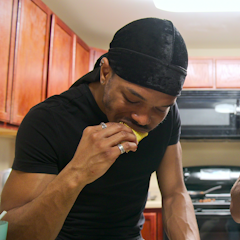
The new Netflix documentary follows identical twins as they adopt different diets. This is a great example of a twin study – a uniquely useful research tool in science.

Science communication has to start with values – and most of the time it does.

Conversations about scientific research and technological innovations allow the public to build trust with experts, and understand the impacts on everyday lives.

The winners of the 2023 Nobel Prize in physiology or medicine made a discovery that helped create the COVID-19 vaccines. They couldn’t have anticipated the tremendous impact of their findings.
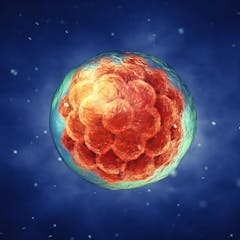
Pigs with human kidneys? Brain-powered computer chips? Science is creating new kinds of living things – and our moral understanding needs to catch up fast.
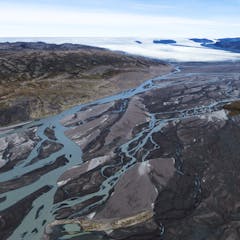
The soil was extracted during the Cold War from beneath one of the U.S military’s most unusual bases, then forgotten for decades.

Humans must kill animals in many cases, but they can still modify their behaviours to improve the welfare of animals while they are alive.
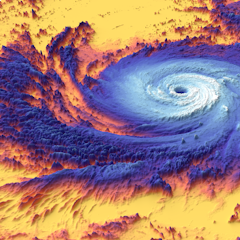
Currents can carry that deep ocean heat hundreds of miles to surface again at distant shores.
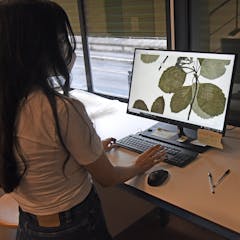
The colonial era profoundly shaped natural history museums and collections. Herbaria, which are scientists’ main source of plant specimens from around the world, are no exception.
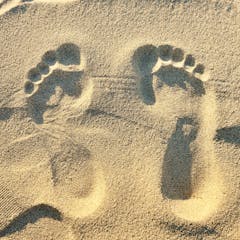
Environmental DNA provides a wealth of information for conservationists, archaeologists and forensic scientists. But the unintentional pickup of human genetic information raises ethical questions.
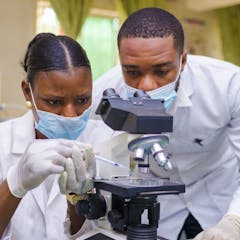
Here’s what Nigeria’s new president should do to elevate science in the country.

Researchers are key to Canada’s capacity to create a high-tech economy, build the biomedical sector and seed entrepreneurial activity, but they can’t do it without research funding.
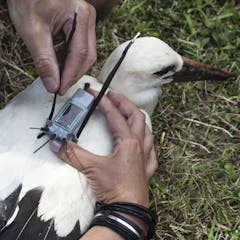
Scientists use biologging devices to track animal behaviour – here are four times where it has improved our understanding of nature.

If Twitter were to go dark, with it would go a valuable source of data as well as a means of sharing information relied on by activists, journalists, public health officials and scientists.

The UN Sustainable Development Goals set a target date of 2030. To meet that deadline, international collaboration and funding is required.
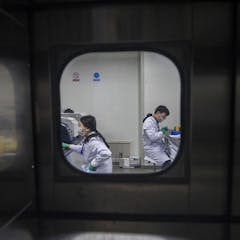
Genetic research is big business and has yielded life-saving treatments. But experts are warning of caution about ‘gain of function’ research that has the pandemic potential.
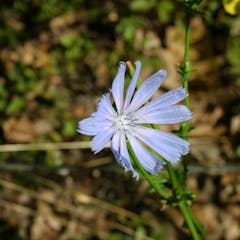
Journals, museum collections and other historical sources can provide valuable data for modern ecological studies. But just because a source is old doesn’t make it useful.
